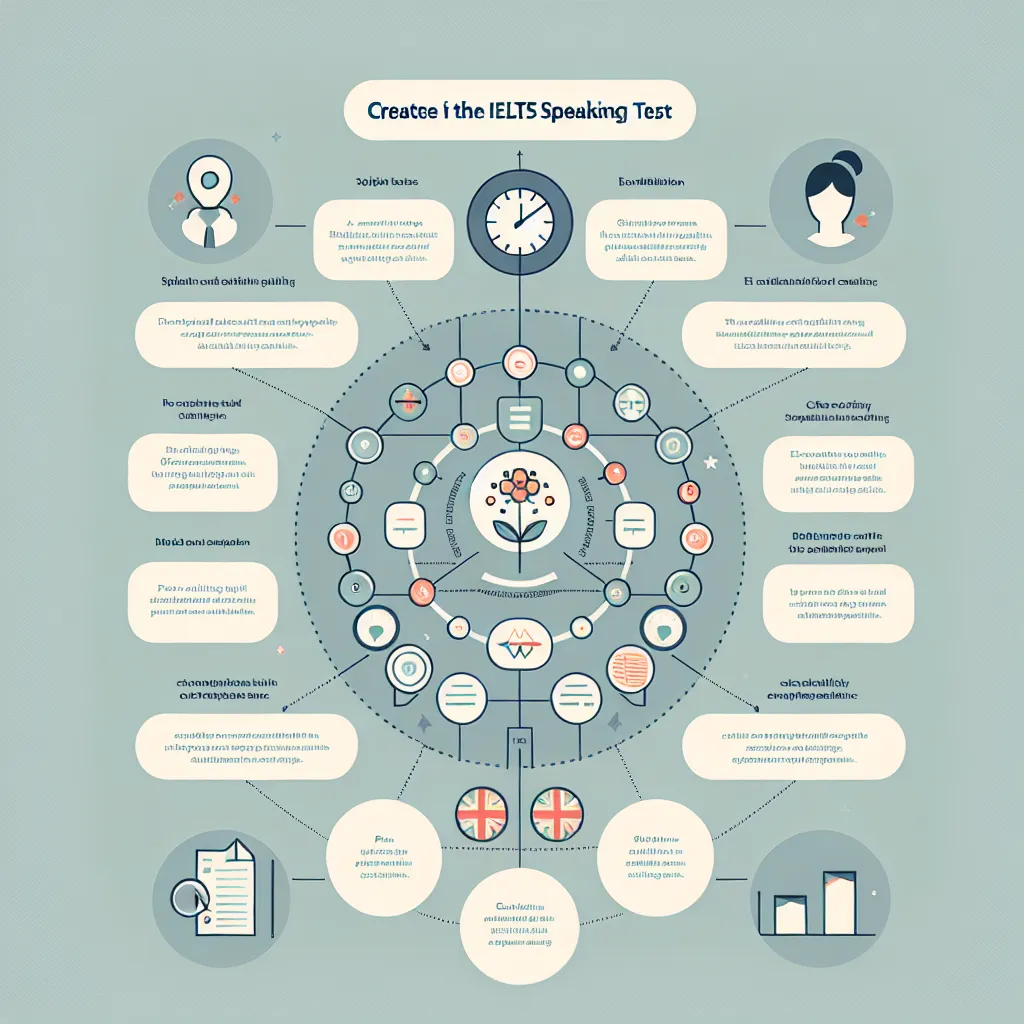Are you preparing for the IELTS exam and looking to boost your speaking score? You’re in the right place! In this comprehensive guide, we’ll explore effective strategies and expert tips on how to improve your IELTS speaking band score. Whether you’re aiming for a 6.5 or a 9.0, these techniques will help you enhance your performance and achieve your desired results.
Understanding the IELTS Speaking Test
Before diving into improvement strategies, it’s crucial to understand the structure and requirements of the IELTS speaking test. The test consists of three parts:
- Introduction and Interview (4-5 minutes)
- Individual Long Turn (3-4 minutes)
- Two-way Discussion (4-5 minutes)
Examiners evaluate your performance based on four criteria:
- Fluency and Coherence
- Lexical Resource
- Grammatical Range and Accuracy
- Pronunciation
Now, let’s explore how to enhance your skills in each of these areas.

Enhancing Fluency and Coherence
Practice Speaking Regularly
One of the most effective ways to improve your fluency is through consistent practice. Here are some strategies to incorporate into your daily routine:
- Talk to yourself in English for at least 10 minutes a day
- Record yourself speaking and listen back to identify areas for improvement
- Find a language exchange partner or join English-speaking clubs
Use Connective Phrases
Improve your coherence by using a variety of connective phrases to link your ideas smoothly. Some examples include:
- Moreover
- In addition to that
- On the other hand
- Nevertheless
- Consequently
Develop Your Ideas
When answering questions, try to expand on your initial response. Use the STAR method:
- Situation: Briefly describe the context
- Task: Explain what was required
- Action: Describe what you did
- Result: Share the outcome or what you learned
Expanding Your Lexical Resource
Build Your Vocabulary
A rich vocabulary is crucial for achieving a high band score. Here are some techniques to expand your lexical resource:
- Learn a new word or phrase every day
- Use a thesaurus to find synonyms for common words
- Study collocations and idiomatic expressions
Use Topic-Specific Vocabulary
Familiarize yourself with vocabulary related to common IELTS topics such as:
- Environment
- Technology
- Education
- Health
- Social issues
Incorporate Idioms and Phrasal Verbs
Using idiomatic expressions and phrasal verbs can significantly enhance your lexical resource score. Some examples include:
- “It’s a piece of cake” (meaning: it’s very easy)
- “To hit the nail on the head” (meaning: to describe exactly what is causing a situation or problem)
- “To look into” (meaning: to investigate)
Improving Grammatical Range and Accuracy
Master a Variety of Sentence Structures
Demonstrate your grammatical range by using a mix of simple, compound, and complex sentences. For example:
- Simple: I enjoy reading books.
- Compound: I enjoy reading books, and I also like watching movies.
- Complex: Although I enjoy reading books, I find that watching movies can be equally entertaining.
Practice Using Different Tenses
Showcase your ability to use various tenses accurately. Some key tenses to focus on include:
- Present Perfect: “I have been studying English for five years.”
- Past Perfect: “By the time I graduated, I had already secured a job.”
- Future Perfect: “By next year, I will have completed my degree.”
Use Conditional Sentences
Incorporating conditional sentences can demonstrate your grammatical sophistication. For instance:
- First Conditional: “If it rains tomorrow, I’ll stay at home.”
- Second Conditional: “If I won the lottery, I would travel the world.”
- Third Conditional: “If I had studied harder, I would have gotten a better grade.”
Enhancing Pronunciation
Focus on Word Stress and Intonation
Proper word stress and intonation are crucial for clear communication. Practice these aspects by:
- Listening to native speakers and mimicking their pronunciation
- Using online dictionaries with audio pronunciations
- Recording yourself and comparing your pronunciation to native speakers
Work on Problematic Sounds
Identify sounds that are particularly challenging for you and practice them regularly. Common issues for non-native speakers include:
- The “th” sound (as in “think” or “this”)
- The difference between “v” and “w”
- The “r” sound in different positions within words
Use Pronunciation Apps
Leverage technology to improve your pronunciation. Some recommended apps include:
- ELSA Speak
- Pronunciation Coach
- Sounds: Pronunciation App
Additional Tips for IELTS Speaking Success
Manage Your Time Effectively
In Part 2 of the speaking test, you’ll have one minute to prepare your response. Use this time wisely by:
- Quickly jotting down key points
- Organizing your thoughts in a logical sequence
- Thinking of relevant examples or personal experiences
Stay Calm and Confident
Nervousness can negatively impact your performance. Try these techniques to stay calm:
- Practice deep breathing exercises before the test
- Visualize yourself succeeding in the speaking test
- Remember that the examiner is there to help you showcase your abilities, not to trick you
Listen Carefully and Ask for Clarification
If you don’t understand a question, it’s perfectly acceptable to ask for clarification. You can say:
- “I’m sorry, could you please repeat the question?”
- “Could you rephrase that, please?”
- “I’m not sure I understood. Do you mean…?”
Conclusion
Improving your IELTS speaking band score requires dedication, practice, and the right strategies. By focusing on enhancing your fluency, expanding your vocabulary, improving your grammar, and refining your pronunciation, you’ll be well on your way to achieving your desired score. Remember, consistent practice is key, so make English speaking a part of your daily routine. Good luck with your IELTS preparation!
Don’t forget to check out our other articles on IELTS preparation, including tips for the writing, reading, and listening sections. Feel free to leave a comment below if you have any questions or would like to share your own IELTS speaking tips!